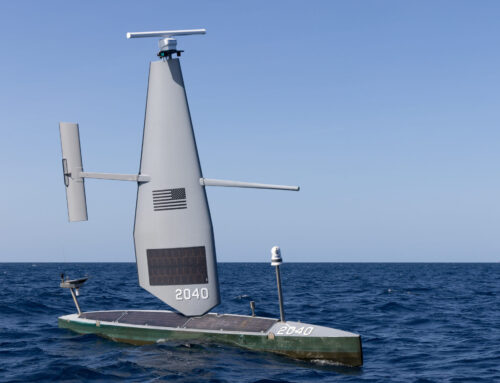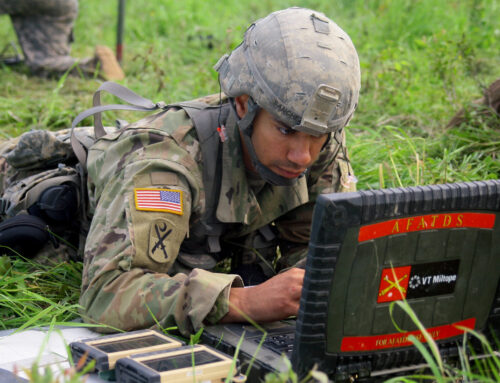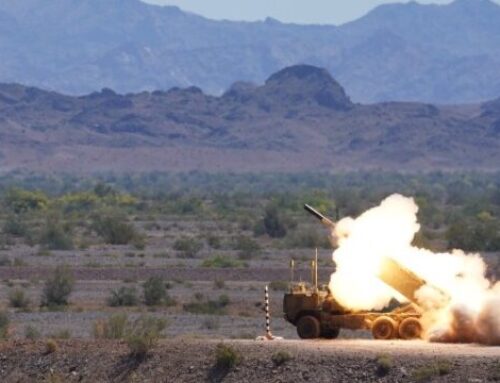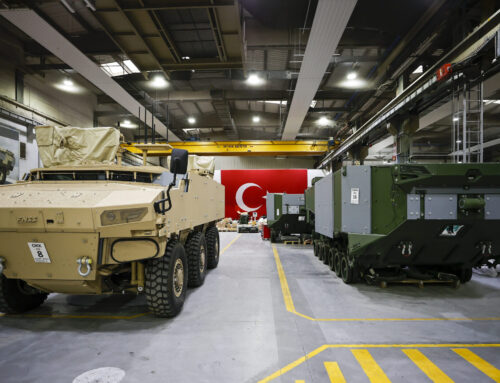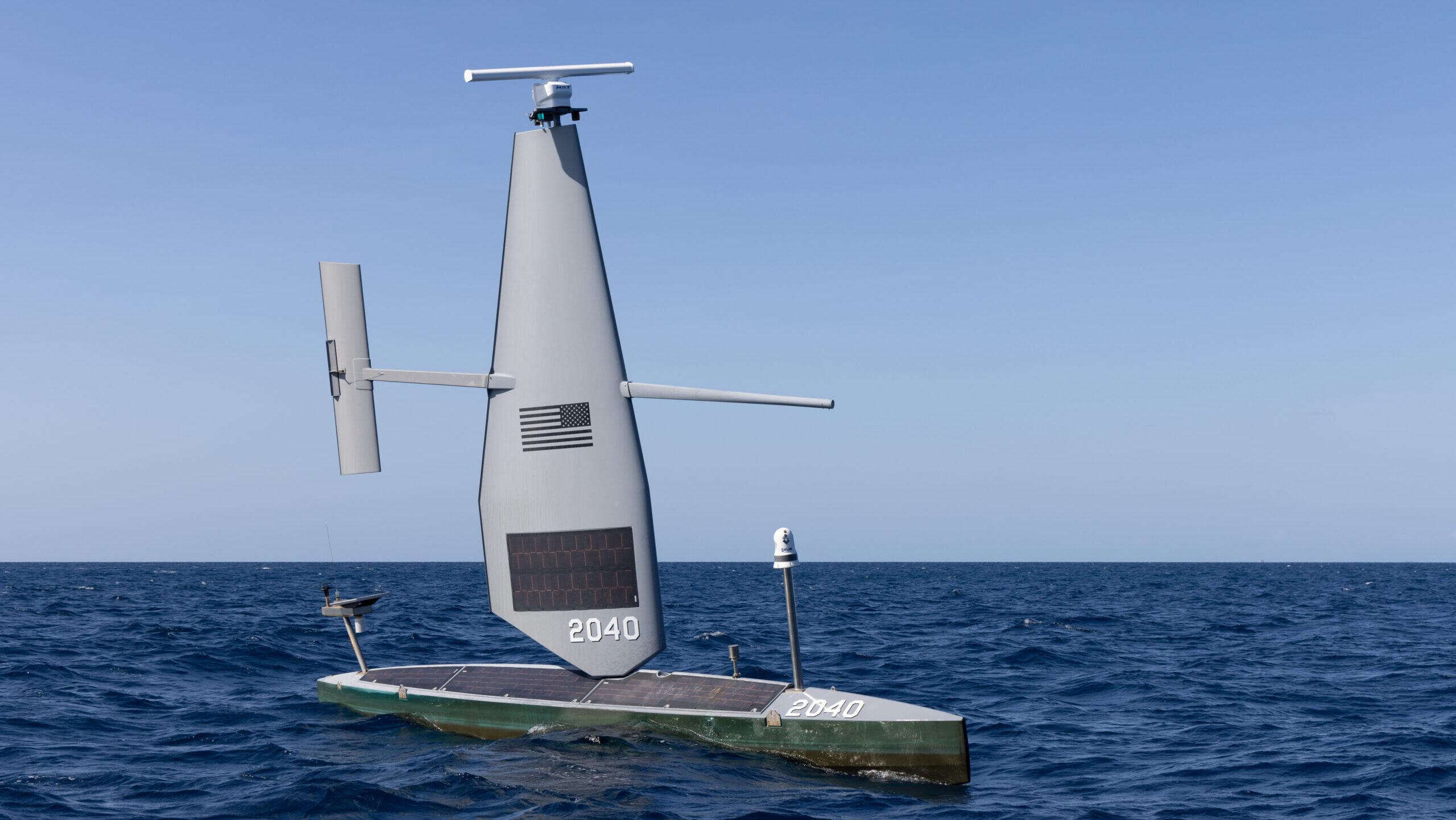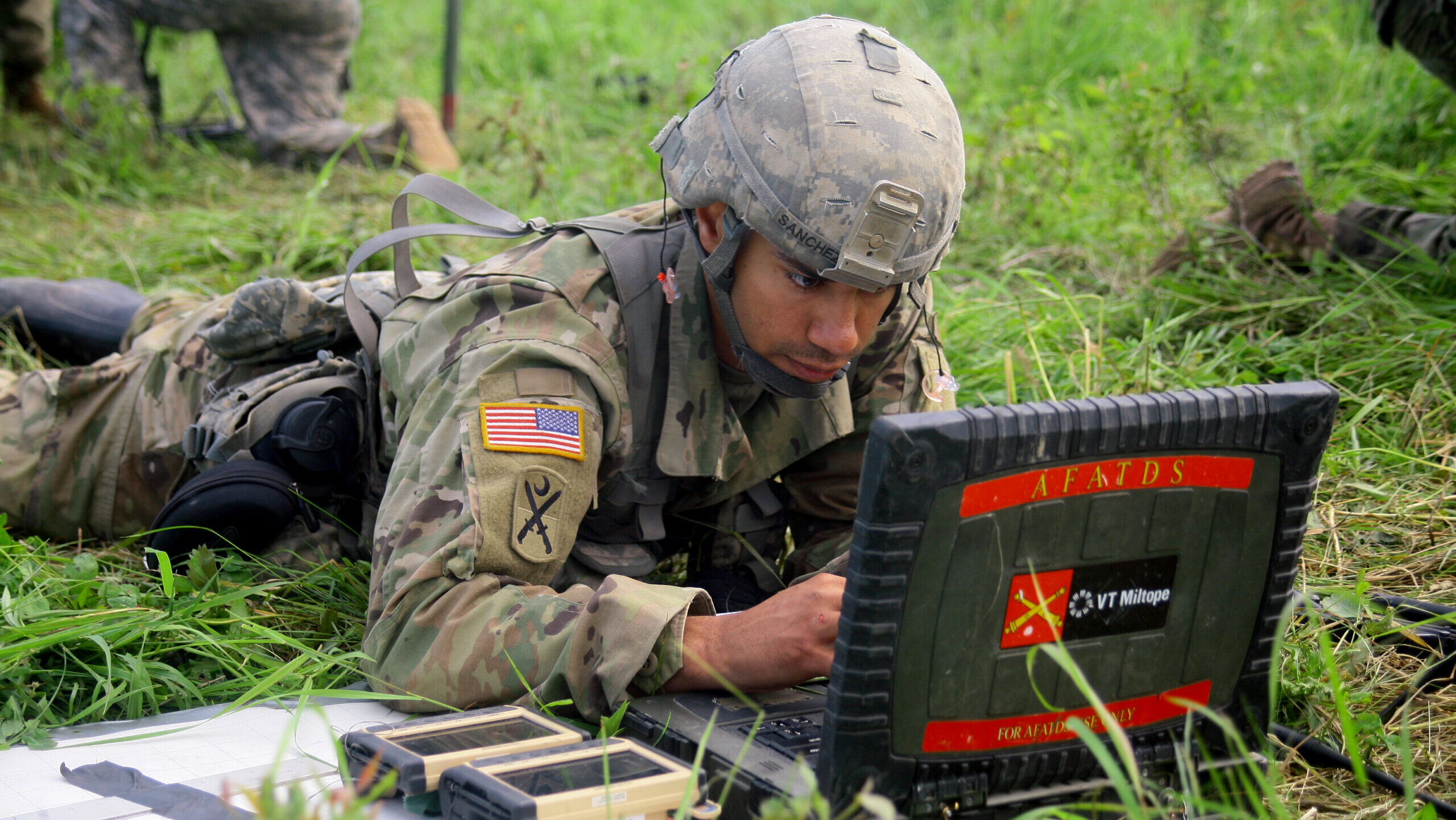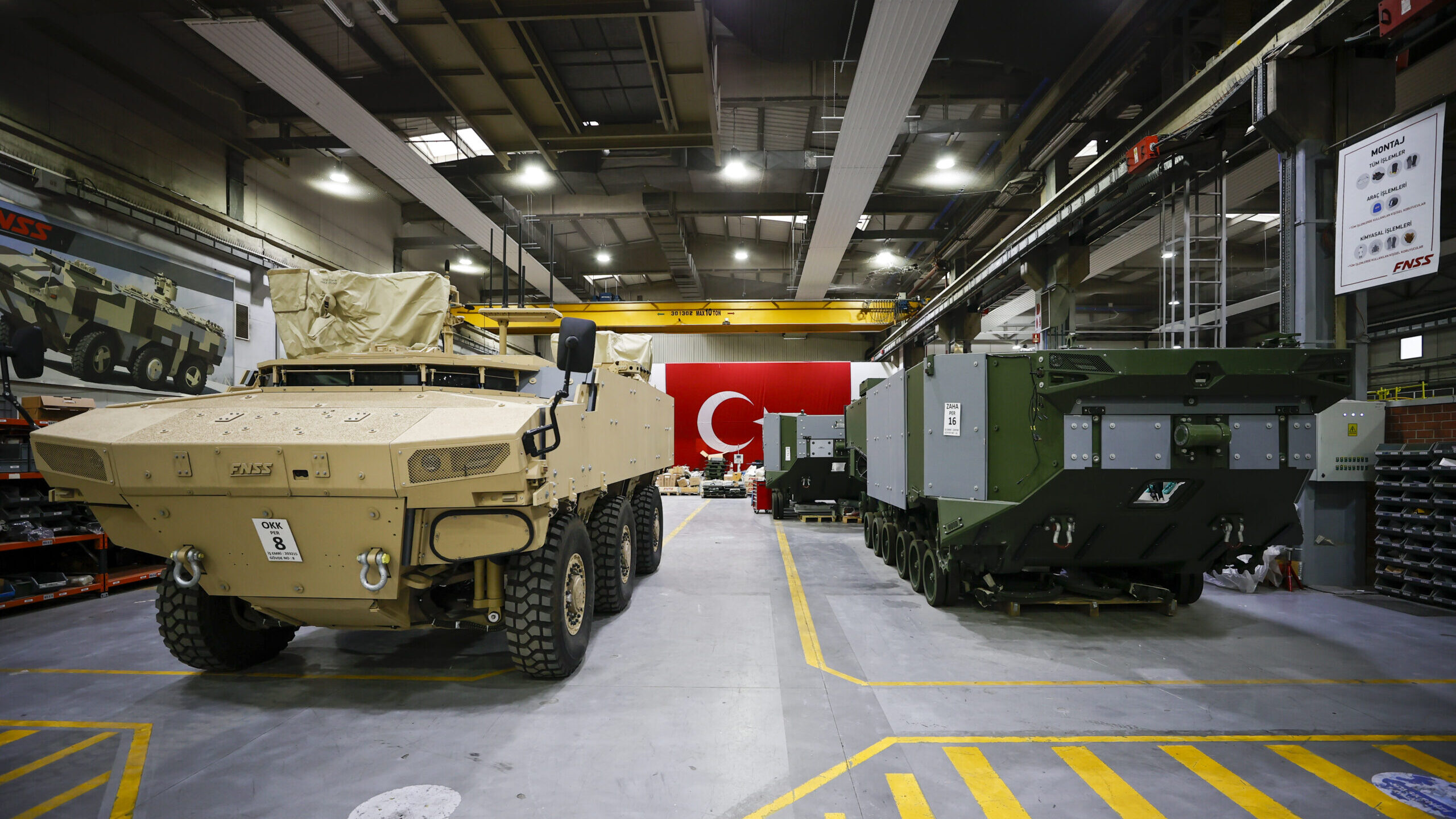Rep. Betty McCollum, D-Minn., speaks during a House Appropriations Committee markup in a 2020 file photo. (Caroline Brehman/CQ-Roll Call, Inc via Getty Images)
WASHINGTON — Two top leaders of the House Appropriations Committee expressed skepticism today for a Pentagon proposal that would transfer the National Guard’s space units to the Space Force, with one ranking Democrat stating that the proposal was “dead on arrival.”
Opposition from congressional appropriators, who control the Pentagon’s purse strings, could throw a wrench into the plan, which would involve the transfer of several hundred Guard members and consolidate space operations inside the Space Force.
During a morning hearing on the National Guard, California Rep. Ken Calvert, chairman of the House Appropriations defense subcommittee, raised concerns that the transfer of Guard units to an active-duty military branch could set a harmful precedent.
“My recommendation to the Air Force is I think they need to work with the states on a reasonable way ahead, because obviously, this is not going to fly,” he said.
During a later hearing in front of Space Force leaders this afternoon, Minnesota Rep. Betty McCollum — the defense subcommittee’s top Democrat — said the proposed move was “dead on arrival” due to the opposition of a vast majority of governors, adding that “the states need to be consulted, and need to be full partners moving forward in any major change such as this.”
However, she said that a Space National Guard “might not be the most cost effective answer either,” citing a Congressional Budget Office report that stated the creation of a Space National Guard would come with a one-time cost of up to $900 million to construct new facilities and buy equipment, followed by up to $490 million in annual operating costs.
Both the National Guard Bureau and its advocates have criticized the Pentagon proposal. The governors of 48 US states, plus those of the five US territories, registered “strong objections” to the transfer of Guard members in a letter to Defense Secretary Lloyd Austin published Monday, which argued the move “would weaken or eliminate their authority over the National Guard and threaten readiness and operational efficacy of their units.”
The National Governors Association and National Guard Association of the United States have also issued statements denouncing the proposal.
Up to 70 percent of affected Guardsmen have expressed a desire to stay in the National Guard, rather than join the Space Force, Gen. Daniel Hokanson, Chief of the National Guard Bureau, told lawmakers this morning.
“And my promise to them is I will find a position for them in the National Guard, if they do not want to go into the Space Force, if they are forced to do so,” he said.
Calvert and McCollum’s comments stand in stark contrast to House Armed Services Committee Chairman Mike Rogers, R-Ala,. who told Breaking Defense earlier this month that he supported the Pentagon proposal and believes it will ultimately be successful.
“The truth is only six states are involved, and in each state it’s such a narrow sliver of the existing Guard,” Rogers said then. “It is greatly exaggerated when the National Guard Association refers to this as an existential threat. It’s 578 people. It is not a threat.”
It’s currently unclear whether the concerns raised by House appropriators could portend a fight over the issue. McCollum acknowledged that policy issues are the purview of the armed services committees, which tackle the annual National Defense Authorization Act.
However, the appropriations committees could seek to circumvent defense authorizers’ decision by zeroing out funding needed to pay for the new Space Force billets — a possibility that was not raised by lawmakers today.
“I look forward to their decision and then we’ll work with them on funding as they move forward,” McCollum said.



